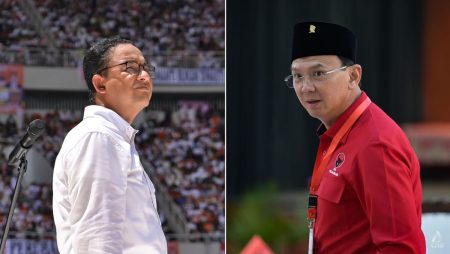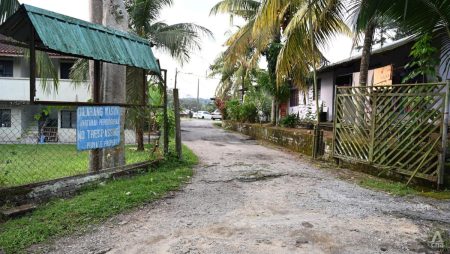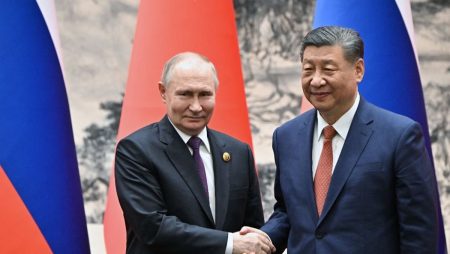In Indonesia, concerns over the rise of political Islam and religious conservatism have cooled, especially in the recent elections. All three pairs of presidential and vice-presidential candidates did not use identity politics to garner votes, which was noted by observers. The winning pair, Mr Prabowo and Mr Gibran, have never been members of Islamic parties, unlike the other pairs of candidates. Despite worries about religious conservatism in the election, the diverse and heterogeneous nature of Indonesian society has prevented any domination by Islamic ideologies.
There are differing ideologies among Islamist political parties in Indonesia, as noted by experts. Unlike in Malaysia, where there is a dominant Islamist party, Indonesia’s parties function based on interests rather than Islamic values. Currently, there are nine political parties in the Indonesian parliament, with only four having Islamic ideologies. PKB, which showed significant growth in last month’s legislative elections, remains the fourth-largest party in the upcoming parliament. Despite differing ideologies, the various parties work together strategically to achieve their goals.
Pancasila, Indonesia’s foundational philosophical theory consisting of five principles, is seen as a way to counter the threat of rising conservatism in the country. Islamic conservatism is not seen as a selling point to most Indonesians due to the strong presence of Pancasila in the country’s democracy. It creates a sense of harmony and unity among the diverse religious communities in Indonesia. Political interests, rather than ideologies, drive the actions of parties in Indonesia’s multi-party presidential system.
Despite concerns about conservatism, Indonesia’s democracy remains stable due to the unifying force of Pancasila. The country’s multicultural nature is reflected in the political landscape, where various ideologies coexist within the framework of Pancasila. The history and significance of Pancasila as an identity of Indonesia have played a crucial role in keeping the country united. With over 1,300 different ethnic groups, Pancasila has been instrumental in maintaining peace and harmony among diverse communities in Indonesia.
The differing political ideologies of Islamic parties in Indonesia, as well as the foundational principles of Pancasila, have prevented religious conservatism from dominating the political landscape. The strategic alliances formed by political parties in elections are based on interests rather than specific religious values. The upcoming parliament, with its diverse party representation, reflects the heterogeneous nature of Indonesian society and its commitment to maintaining harmony through the principles of Pancasila. Despite challenges, Indonesia’s democracy continues to thrive under the unifying umbrella of Pancasila.













